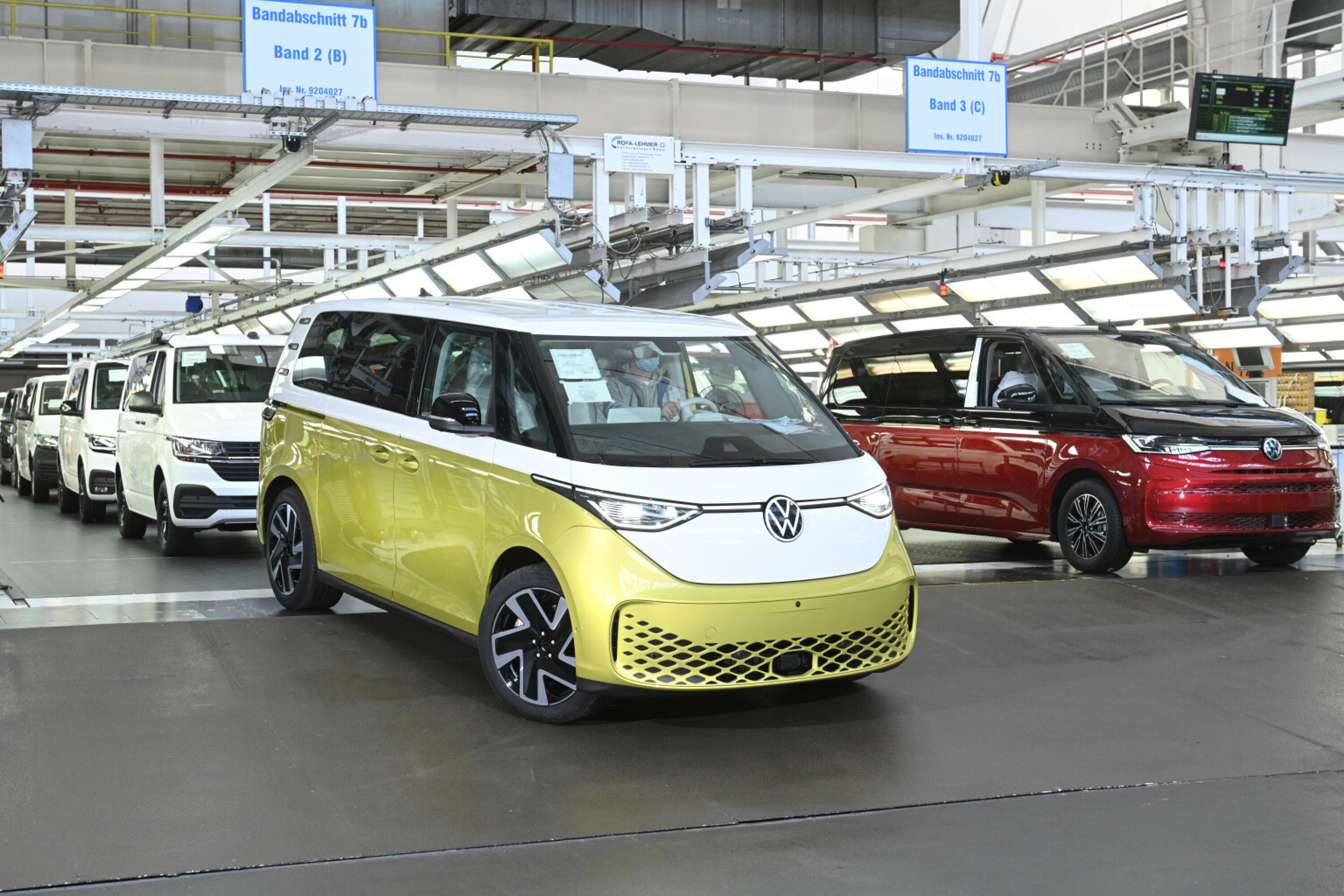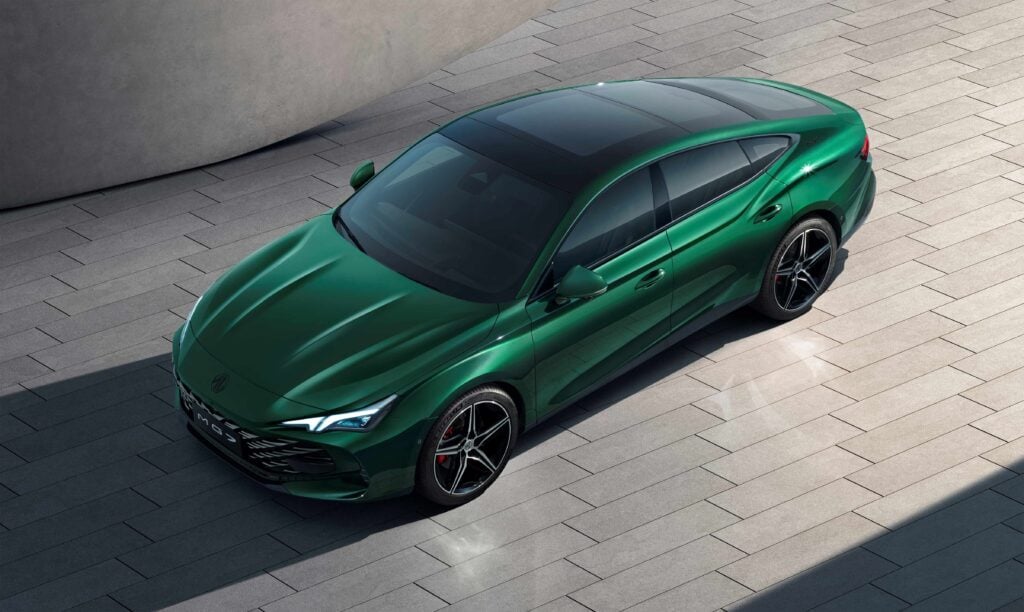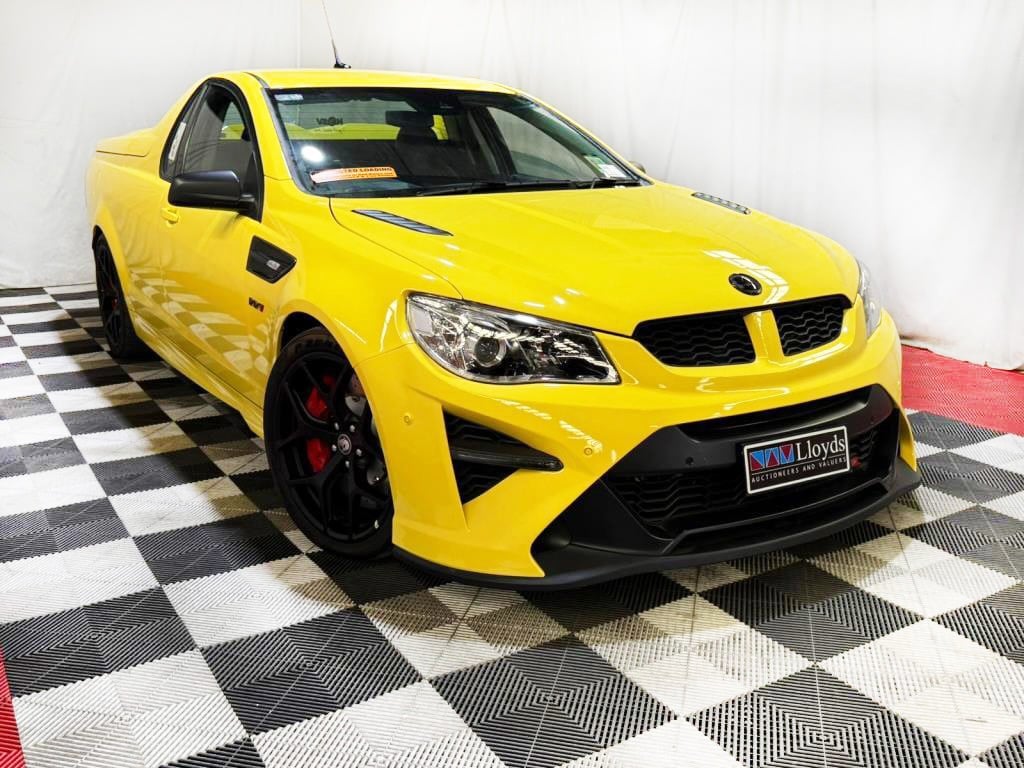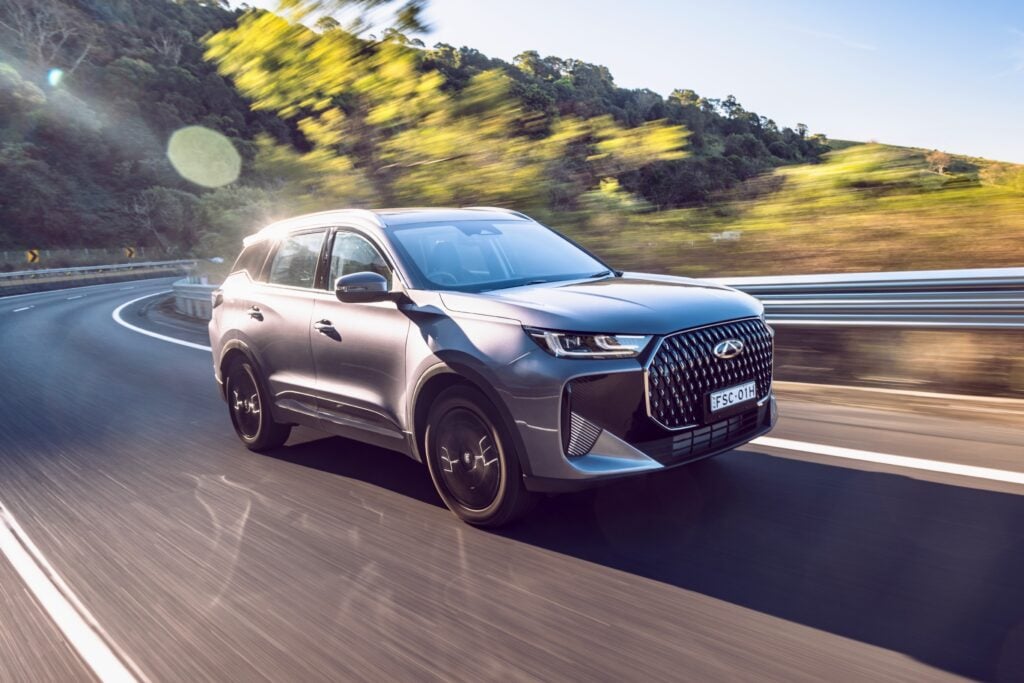Industrial action across nine of Volkswagen’s ten factories in Germany has disrupted operations, with workers beginning ‘warning’ protests against plans for job cuts, plant closures, and wage reductions.
Organised by the IG Metall union, the strikes are a response to proposals that include shutting three plants, cutting wages by 10 per cent, and shedding thousands of positions.
Strikes began mid-morning at the Zwickau plant, followed by walkouts at key facilities in Wolfsburg, Hanover, and others throughout the day.
Described as a ‘warning’ to the manufacturer, each protest lasted around two hours and targeted multiple shifts, resulting in a reported production shortfall of over 1000 vehicles.
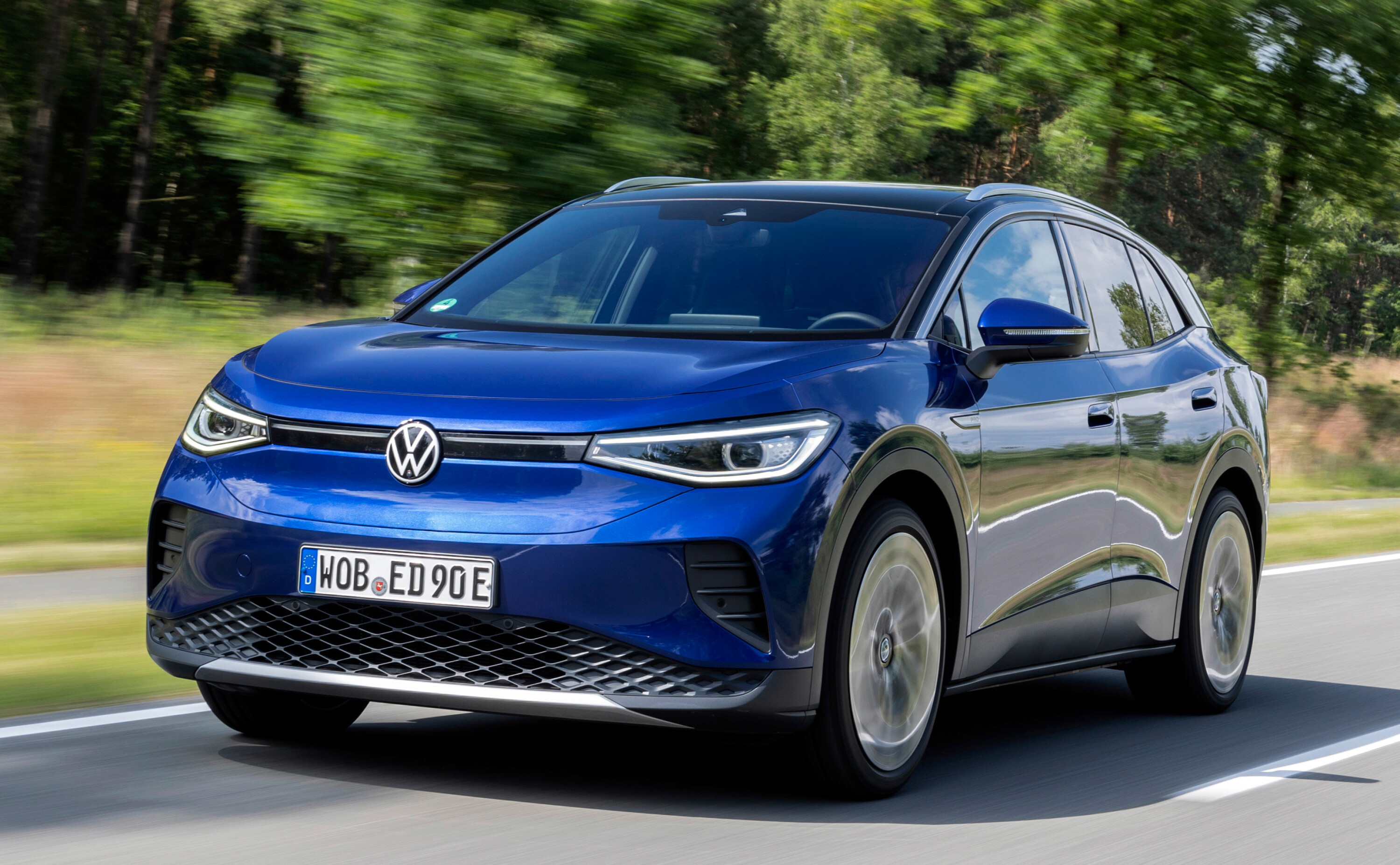
Thorsten Gröger, IG Metall’s lead negotiator with VW, said: “Volkswagen has set fire to our collective agreements.”
“If need be, it will be the toughest collective bargaining battle Volkswagen has ever seen.”
The dispute follows Volkswagen’s efforts to address declining profits and heightened competition from China, particularly in the EV market, which the company says has pressured it to reduce costs significantly. Management argues that drastic measures are necessary to sustain competitiveness against these rivals.
Not specifically said was that these rivals are far less affected by traditional western economic factors such as higher-paid workers and powerful labour unions, while benefiting from government aid to an extent rarely enjoyed in the west. This has been compounded by reduced growth in demand for cars in Europe.
New car sales in Europe have fluctuated in 2024, with September seeing new car registrations decrease by 6.1% year-on-year, marking the second consecutive month of decline.  However, October saw a modest rebound, with a 1.1% increase in registrations, driven by growth in Spain and Germany, while France and Italy continued to face downturns. 
The electric vehicle (EV) segment has also encountered challenges. In August, battery electric vehicle registrations fell by 36% compared to the same month in 2023, the largest drop since January 2017. This decline is attributed to factors such as reduced incentives, high prices, and concerns about residual values.
The protests appear to centre on the argument that the challenges presented by China should not be the factory workers’ burden to shoulder – at least not alone, with white-collar cuts and further government assistance being other potential ingredients.
Nevertheless, the IG Metall union has offered a labour-focused plan it says could save AUD $2.4 billion without plant closures or mandatory redundancies. Suggested measures include reduced working hours and a temporary suspension of bonuses to factory workers.
Volkswagen has rejected the proposal, claiming it would not achieve the level of cost reduction required.
The timing of the strikes follows the expiration of an earlier agreement that barred industrial action, leaving no constraints on workers’ ability to strike.
Negotiations are scheduled to resume on December 9, but the union has signalled that more extensive protests, potentially including 24-hour or indefinite strikes, could occur if no resolution is reached.
Volkswagen has acknowledged the protests as a lawful response by employees, reaffirming its commitment to finding a resolution through continued negotiations.
The Volkswagen group is Germany’s largest employer, with nearly 300,000 workers nationwide – including around 120,000 under a collective bargaining agreement.
Whether these strikes will lead to further delays on the Australian launch of its numerous ID-badged EVs, remains to be seen.


